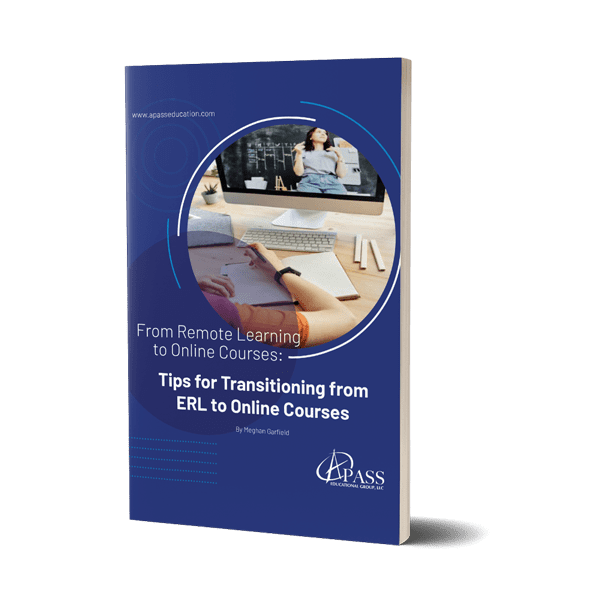Massive Open Online Courses have many advantages, in particular during these times of remote learning. Yet, savvy institutions do not ignore the drawbacks of these courses. Still, the benefit for creating MOOCs offers the university additional revenue streams. Knowing these limitations lets institutions build strategies which balance the integrity of on campus instruction with the rewards of MOOCs. Here are the four disadvantages that schools must navigate.
Staff may not feel valued.
Professors could be seen as nothing more than teaching assistants. Massive Open Online Courses let the same course be taught across the country by the same professors. Staff may view this in the negative. Professors may not feel valued for their expertise. Faculty may fight building a MOOC. Instructors may fear that once they have built a MOOC, they have lost their value to the school. Also, faculty may see MOOCs as a killer of traditional higher education. Who needs professors when an adjunct can watch a host of MOOCs?
They are too big to manage.
It’s difficult to facilitate a discussion of 150,000 students. Yes, message boards, forums and chat rooms offer an alternative to classroom discussion. The intimacy of face-to-face conversations is lost. Also, when MOOCs are strictly all online, they have a high abandonment rate. Blended learning events bump up participation a bit. Still, discussion is a challenge. Also, grading papers is hard to do. It is difficult to keep track of 150,000 student assignments. Real time question answering is near impossible. Yes, software exists to give students feedback on their responses. Still, this software is ill-suited to pick up the nuances of language. Peer evaluation may be negative and biased without oversight. Peer grading may be erratic and of poor quality. Professors are unable to give students one-on-one feedback. Still, a lack of follow-through can create other hurdles.
New concerns to address.
At the same time, new questions pop up when building MOOCs. Which languages do you offer? How do you present content for the visually impaired? Also, intellectual property and financial details must be sorted. Who owns the online course when a professor moves to another university? Who gets paid for teaching the course? What about offering a course after a professor retires? Who gets paid for creating the course? How will the course meet the needs of students with disabilities, such as vision impaired? Likewise, plans must be made to update the course. MOOCs often do not offer credit. Yet, few MOOCs do earn partial credit. Colleges need to define where MOOCs fit in with present degree programs. Yet, these are just a sample of the questions schools must answer before committing to MOOCs.
They are not the same experience.
Still, MOOCs do not give the same college experience as being on campus. MOOCs cannot genuinely replace human interactions in and outside the classroom. MOOCs do not let students dig into and explore the difficulties of a discipline. Likewise, MOOCs let students binge on entire lectures rather than digesting the information at a slower pace. Courses needing hands-on practice are difficult to teach in MOOCs. The teacher-student relationships which are built in the physical classroom are difficult to build. The opportunity for students to connect with mentors is difficult to do in a 150,000 person classroom. In other words, MOOCs lack the community of a campus.
In sum, institutions need to be mindful of the disadvantages MOOCs bring with them. MOOCs may be viewed in the negative. Administrators will need to take steps to make sure their staff feel valued. Financial and intellectual property must be sorted when building MOOCs. Universities need to be mindful that offering a MOOC is not a replacement for the campus community. The savvy institution will offer MOOCs alongside their on campus degree programs.





